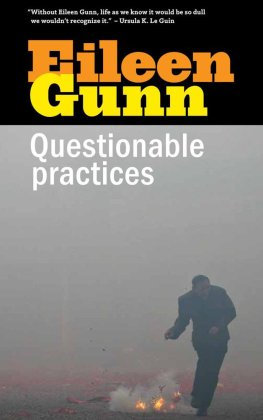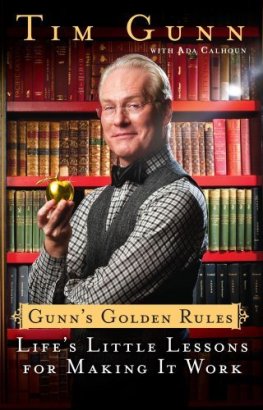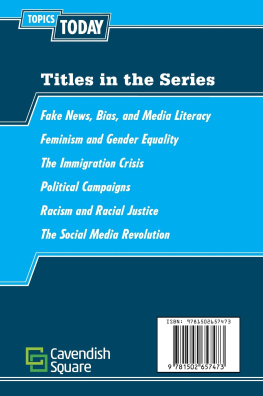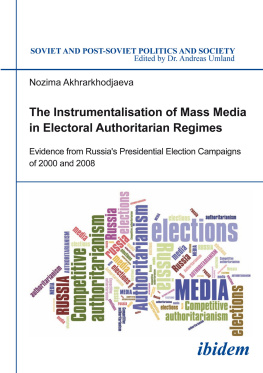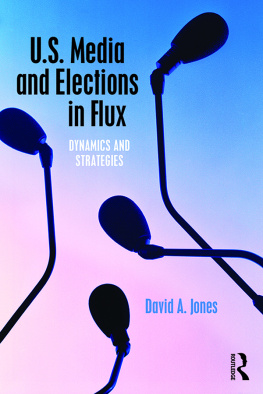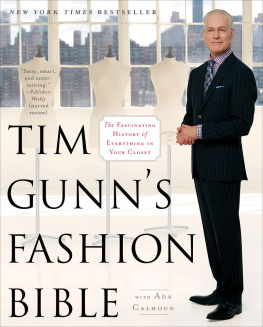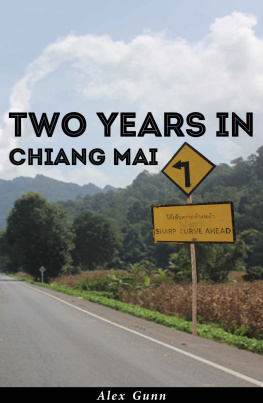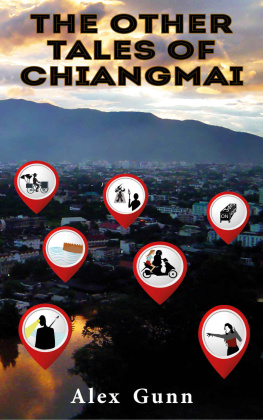Social Media and Election Campaigns
This book aims to further the research in the fields of social media and political communication by moving beyond the hype and avoiding the most eye-catching and spectacular cases. It looks at stable democracies without current political turmoil, small countries as well as large continents, and minor political parties as well as major ones. Investigating emerging practices in the United States, Europe, and Australia, both on national and local levels, enables us to grasp contemporary tendencies across different regions and countries.
The book provides empirical insights into the diverse uses of different social media for political communication in different societies. Contributors look at the ways in which novel arenas connect with other channels for political communication, and how politicians as well as citizens in general use social media services. Presenting state-of-the-art methodological approaches, drawing on a combination of qualitative and quantitative analyses, the book brings together an interdisciplinary group of researchers in order to address emerging practices of the mediation of politics, campaign communication, and issues of citizenship and democracy as expressed on social media platforms.
This book was originally published as a special issue of Information, Communication & Society.
Gunn Enli is Professor of Media Studies and project leader for Social Media and Election Campaigns (20122015) at the Department of Media and Communication at the University of Oslo, Norway. She has published extensively in the field of media and communication studies, with a recent focus on politics and social media, media history, Nordic media, and authenticity.
Hallvard Moe is Professor of Media Studies in the Department of Information Science and Media Studies at the University of Bergen, Norway. His research interests are public service broadcasting, online media, ICT and cultural policy, television studies, democratic theory, and media history.
Social Media and Election Campaigns
Key tendencies and ways forward
Edited by
Gunn Enli and Hallvard Moe
First published 2015
by Routledge
2 Park Square, Milton Park, Abingdon, Oxon, OX14 4RN, UK
and by Routledge
711 Third Avenue, New York, NY 10017, USA
Routledge is an imprint of the Taylor & Francis Group, an informa business
2015 Taylor & Francis
All rights reserved. No part of this book may be reprinted or reproduced or utilised in any form or by any electronic, mechanical, or other means, now known or hereafter invented, including photocopying and recording, or in any information storage or retrieval system, without permission in writing from the publishers.
Trademark notice: Product or corporate names may be trademarks or registered trademarks, and are used only for identification and explanation without intent to infringe.
British Library Cataloguing in Publication Data
A catalogue record for this book is available from the British Library
ISBN 13: 978-1-138-93046-9
Typeset in Perpetua
by RefineCatch Limited, Bungay, Suffolk
Publishers Note
The publisher accepts responsibility for any inconsistencies that may have arisen during the conversion of this book from journal articles to book chapters, namely the possible inclusion of journal terminology.
Disclaimer
Every effort has been made to contact copyright holders for their permission to reprint material in this book. The publishers would be grateful to hear from any copyright holder who is not here acknowledged and will undertake to rectify any errors or omissions in future editions of this book.
Contents
Gunn Enli and Hallvard Moe
Christian Christensen
Axel Bruns and Tim Highfield
Todd Graham, Marcel Broersma, Karin Hazelhoff and Guido van t Haar
Ulrike Klinger
Morten Skovsgaard and Arjen Van Dalen
Gunn Sara Enli and Eli Skogerb
Hallvard Moe and Anders Olof Larsson
Linh Dang-Xuan, Stefan Stieglitz, Jennifer Wladarsch and Christoph Neuberger
The chapters in this book were originally published in Information, Communication & Society, volume 16, issue 5 (June 2013). When citing this material, please use the original page numbering for each article, as follows:
Introduction
Introduction to special issue: Social media and election campaigns key tendencies and ways forward
Gunn Enli and Hallvard Moe
Information, Communication & Society, volume 16, issue 5 (June 2013) pp. 637645
Chapter 1
Wave-riding and hashtag-jumping: Twitter, minority third parties and the 2012 US elections
Christian Christensen
Information, Communication & Society, volume 16, issue 5 (June 2013) pp. 646666
Chapter 2
Political networks on Twitter: Tweeting the Queensland state election
Axel Bruns and Tim Highfield
Information, Communication & Society, volume 16, issue 5 (June 2013) pp. 667691
Chapter 3
Between broadcasting political messages and interacting with voters: The use of Twitter during the 2010 UK general election campaign
Todd Graham, Marcel Broersma, Karin Hazelhoff and Guido van t Haar
Information, Communication & Society, volume 16, issue 5 (June 2013) pp. 692716
Chapter 4
Mastering the art of social media: Swiss parties, the 2011 national election and digital challenges
Ulrike Klinger
Information, Communication & Society, volume 16, issue 5 (June 2013) pp. 717736
Chapter 5
Dodging the gatekeepers?: Social media in the campaign mix during the 2011 Danish elections
Morten Skovsgaard and Arjen Van Dalen
Information, Communication & Society, volume 16, issue 5 (June 2013) pp. 737756
Chapter 6
Personalized campaigns in party-centred politics: Twitter and Facebook as arenas for political communication
Gunn Sara Enli and Eli Skogerb
Information, Communication & Society, volume 16, issue 5 (June 2013) pp. 757774
Chapter 7
Untangling a complex media system: A comparative study of Twitter-linking practices during three Scandinavian election campaigns
Hallvard Moe and Anders Olof Larsson
Information, Communication & Society, volume 16, issue 5 (June 2013) pp. 775794
Chapter 8
An investigation of influentials and the role of sentiment in political communication on Twitter during election periods
Linh Dang-Xuan, Stefan Stieglitz, Jennifer Wladarsch and Christoph Neuberger
Information, Communication & Society, volume 16, issue 5 (June 2013) pp. 795825
For any permission-related enquiries please visit: http://www.tandfonline.com/page/help/permissions
Marcel Broersma is Professor of Journalism Studies and Media, and heads the Groningen Centre for Media and Journalism Studies, University of Groningen, The Netherlands. His research interests focus on the current and historical transformation of European journalism. He currently directs research projects on the impact of digital technology on journalism, on changing role perceptions, and on the transformation of the form, style, and strategies of European Journalism between 1880 and 2005. He has published widely on both the history and current development of journalism, most recently



